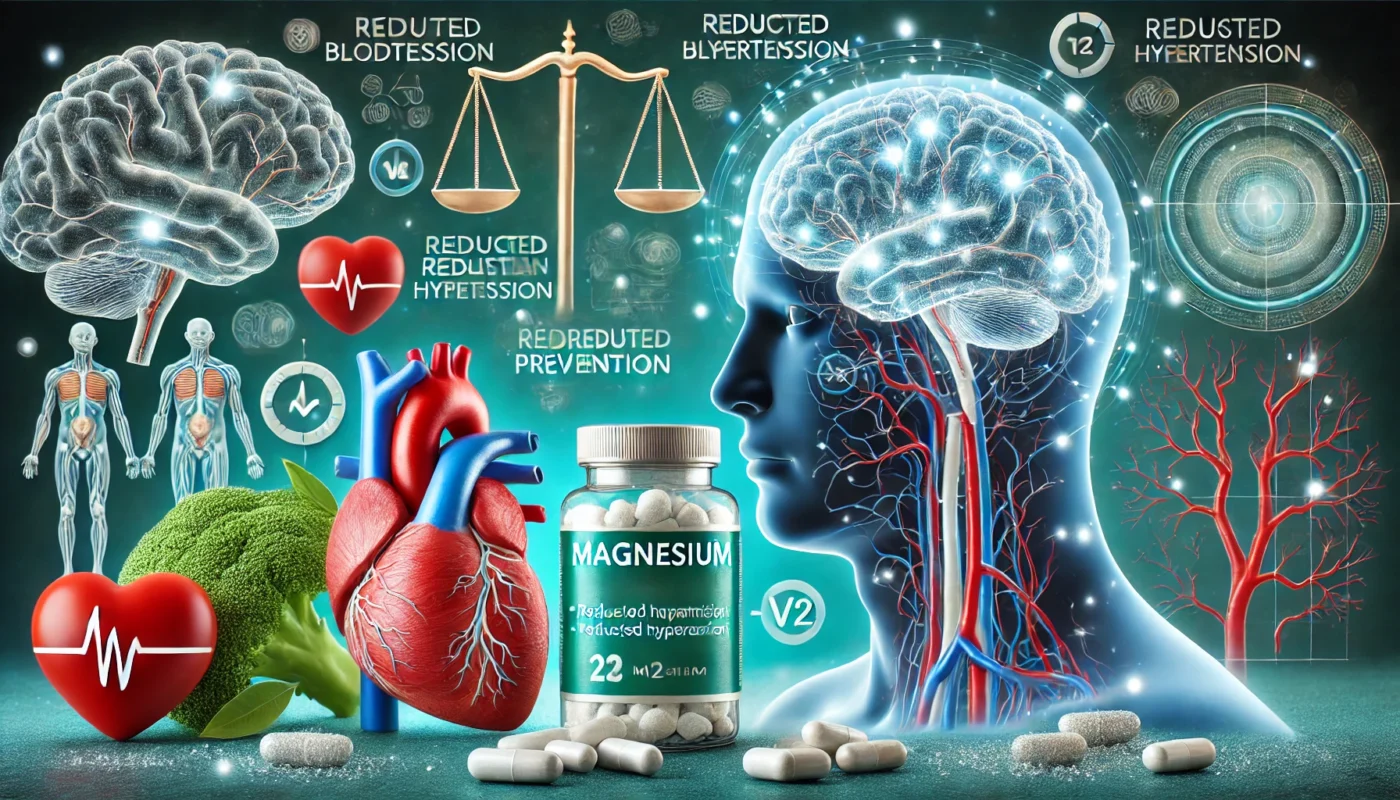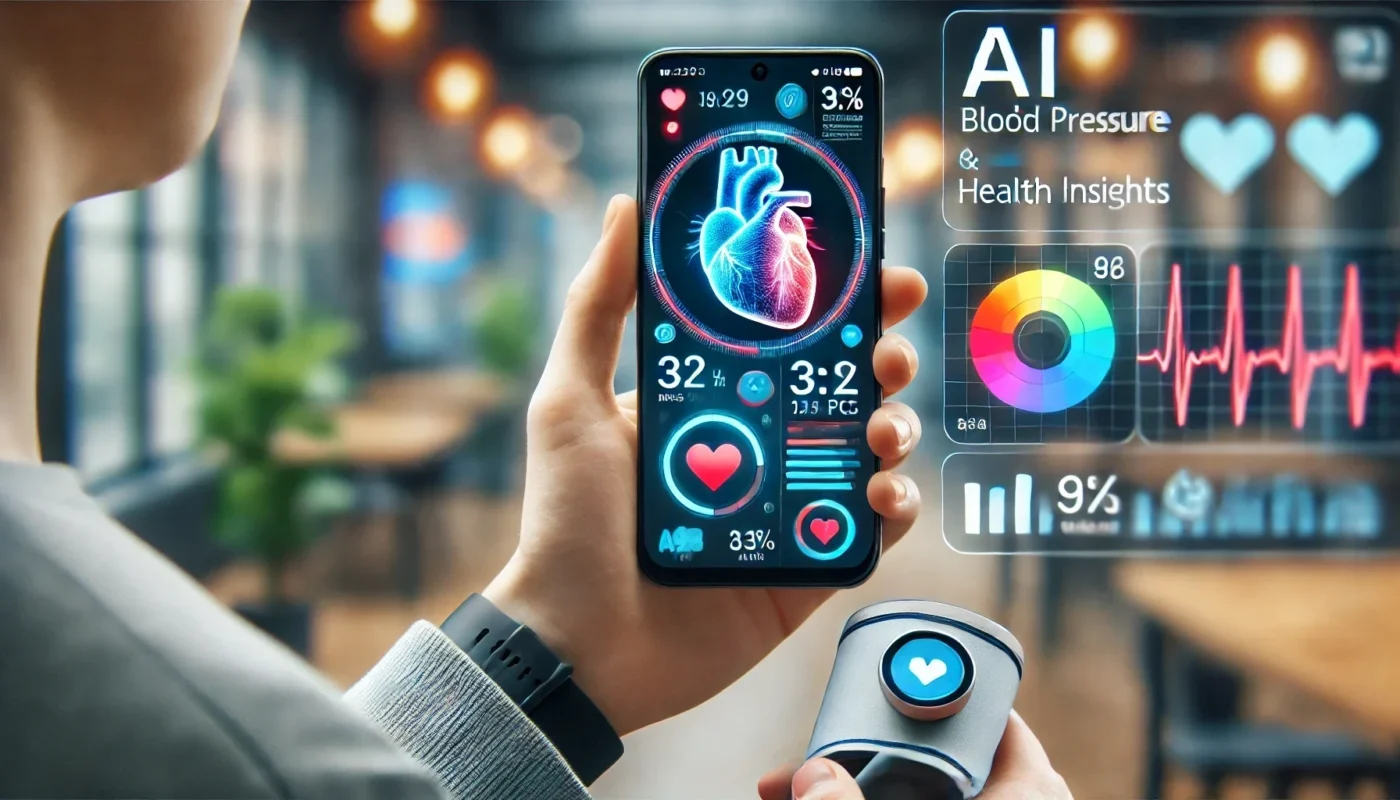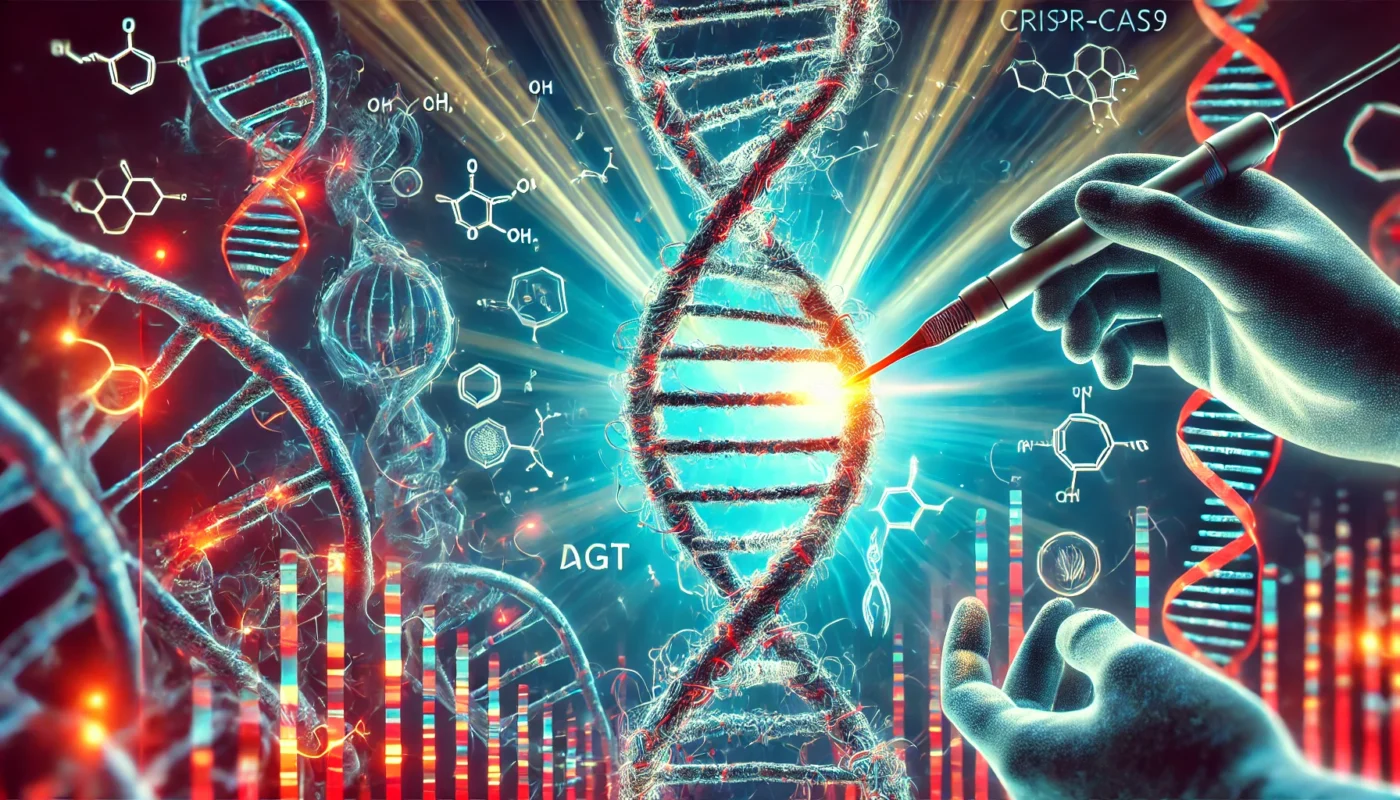Stroke is a leading cause of death and disability worldwide, affecting over 12 million people annually, according to the World Stroke Organization. Preventing stroke involves managing risk factors like high blood pressure, diabetes, and inflammation. While lifestyle modifications such as exercise and a balanced diet play a critical role, researchers are increasingly exploring the role […]
Tag Archives: Blood Pressure Management
Hypertension, or high blood pressure, is a leading global health concern that affects nearly 1.28 billion people worldwide, according to the World Health Organization (WHO). Left untreated, hypertension significantly increases the risk of heart attack, stroke, kidney failure, and other serious conditions. Despite the availability of effective medications and lifestyle interventions, many individuals struggle to control their blood pressure, underscoring the need for innovative solutions. Recent breakthroughs in hypertension treatment offer promising new strategies for managing this chronic condition. This article reviews cutting-edge research and developments in hypertension care, from advanced medications to novel technological approaches.
Hypertension, or high blood pressure, is a global health challenge affecting over 1.28 billion adults, according to the World Health Organization (WHO). Its status as a leading risk factor for heart disease, stroke, and kidney failure underscores the need for effective management strategies. Traditional methods of monitoring blood pressure, such as periodic clinical readings or at-home cuff devices, often fall short in providing the continuous, personalized insights needed for optimal care. Enter artificial intelligence (AI)—a technological revolution poised to transform hypertension management. This article explores how AI is reshaping blood pressure monitoring, enabling personalized care, improving outcomes, and addressing the unique challenges of managing hypertension in the 21st century.
Hypertension, commonly known as high blood pressure, affects nearly half of the global adult population, making it one of the most prevalent chronic conditions worldwide. Defined as blood pressure consistently at or above 130/80 mmHg, hypertension is a leading risk factor for heart disease, stroke, and kidney failure. While medications and lifestyle changes like diet and exercise are the cornerstone of hypertension management, natural remedies, including herbal supplements, essential oils, and other alternative approaches, have gained significant interest. This article provides a fact-based review of natural remedies for hypertension, exploring their effectiveness, scientific support, and potential limitations.
Hypertension, or high blood pressure, is a chronic condition that affects over 1.28 billion adults globally, according to the World Health Organization (WHO). Defined as consistently elevated blood pressure of 130/80 mmHg or higher, hypertension significantly increases the risk of heart disease, stroke, and kidney failure. While medications play a crucial role in managing severe hypertension, regular exercise is one of the most effective non-pharmacological interventions for improving cardiovascular health and lowering blood pressure safely. However, it’s essential for individuals with hypertension to choose appropriate fitness routines tailored to their health status.
Hypertension, or high blood pressure, is a prevalent and serious health condition affecting over 1.28 billion people globally, according to the World Health Organization (WHO). Characterized by persistently elevated blood pressure levels of 130/80 mmHg or higher, hypertension increases the risk of cardiovascular diseases, kidney failure, and stroke. While medication is often prescribed to manage the condition, many individuals can make significant improvements by adopting healthier daily habits. This article explores evidence-based routines that can help lower blood pressure naturally and support long-term cardiovascular health.
Hypertension, commonly known as high blood pressure, affects over 1.28 billion people worldwide, making it one of the most prevalent chronic health conditions. Despite advancements in medications and lifestyle interventions, many patients struggle to achieve optimal blood pressure control, particularly those with resistant hypertension. As researchers explore innovative approaches to managing this condition, gene therapy has emerged as a promising frontier. By targeting the genetic mechanisms underlying hypertension, gene-based therapies offer the potential for more precise and long-lasting treatment. This article examines the science behind gene therapy for hypertension, the experimental therapies under development, and the potential challenges and future prospects of this cutting-edge approach.
Hypertension, commonly known as high blood pressure, is a significant global health concern, affecting over 1.28 billion people worldwide according to the World Health Organization (WHO). While salt has long been vilified as a primary dietary contributor to hypertension, recent research points to another hidden culprit: sugar. Excessive sugar consumption, particularly from added sugars in processed foods and beverages, is increasingly recognized as a major factor in the development and progression of hypertension. This article explores the relationship between sugar and high blood pressure, the physiological mechanisms involved, and practical strategies to reduce sugar intake for better heart health.
Hypertension, or high blood pressure, is one of the leading risk factors for cardiovascular disease, affecting nearly half of all adults globally. For individuals managing hypertension, diet plays a crucial role, with excessive sodium intake, unhealthy fats, and calorie-dense meals being major contributors to elevated blood pressure. Fast food, often high in these components, poses unique challenges for maintaining heart health. However, with informed choices, it is possible to enjoy dining out while minimizing the impact on blood pressure. This article provides practical tips for navigating fast-food menus, understanding the risks, and making healthier choices.
Hypertension, or high blood pressure, is a chronic condition affecting millions worldwide. It is a leading risk factor for heart disease, stroke, and kidney damage. While dietary adjustments are critical in managing hypertension, the role of artificial sweeteners in this equation is less well understood. Often promoted as healthier alternatives to sugar, artificial sweeteners are ubiquitous in diet sodas, sugar-free snacks, and other low-calorie products. But do these sugar substitutes help or hinder those with high blood pressure? This article examines the surprising impact of artificial sweeteners on hypertension, exploring the pros and cons to help you make informed dietary choices.










